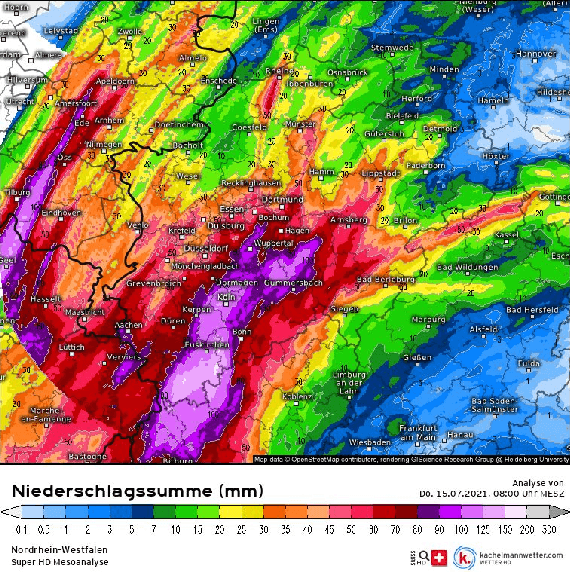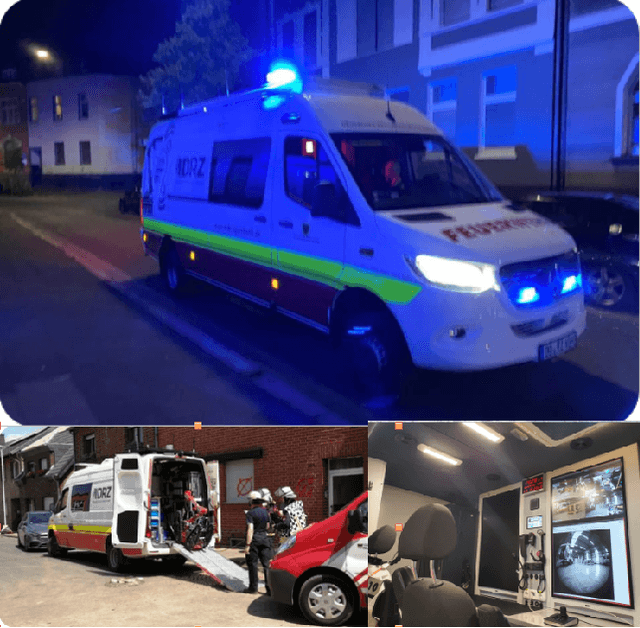Deployment of Aerial Robots during the Flood Disaster in Erftstadt / Blessem in July 2021
Paper and Code
Sep 07, 2022



Climate change is leading to more and more extreme weather events such as heavy rainfall and flooding. This technical report deals with the question of how rescue commanders can be better and faster provided with current information during flood disasters using Unmanned Aerial Vehicles (UAVs), i.e. during the flood in July 2021 in Central Europe, more specifically in Erftstadt / Blessem. The UAVs were used for live observation and regular inspections of the flood edge on the one hand, and on the other hand for the systematic data acquisition in order to calculate 3D models using Structure from Motion and MultiView Stereo. The 3D models embedded in a GIS application serve as a planning basis for the systematic exploration and decision support for the deployment of additional smaller UAVs but also rescue forces. The systematic data acquisition of the UAVs by means of autonomous meander flights provides high-resolution images which are computed to a georeferenced 3D model of the surrounding area within 15 minutes in a specially equipped robotic command vehicle (RobLW). From the comparison of high-resolution elevation profiles extracted from the 3D model on successive days, changes in the water level become visible. This information enables the emergency management to plan further inspections of the buildings and to search for missing persons on site.
 Add to Chrome
Add to Chrome Add to Firefox
Add to Firefox Add to Edge
Add to Edge